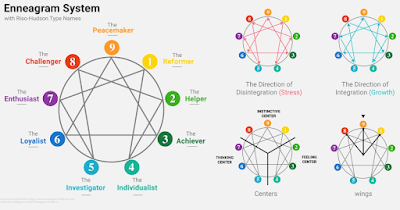When my wife, Lindsey, and I decided to go to seminary, we had to get rid of our cat so we could live on campus. This saved us a ton of money, and even though cats are pretty easy to care for, it simplified our lives. After we found a home for our cat, I swore I would never get another pet. Still, my kids have been begging to get a cat ever since we got rid of Bella four years ago. However, circumstances change and for a variety of reasons, we decided to get a cat for our kids for Christmas.
To say the kids were excited would be an understatement. They went crazy the second they realized that the litter box they unwrapped meant that we were getting a cat. We went to the shelter a couple days later and pick out Cherry, a two-year-old tabby cat. She’s only been with us for five days, but it’s already clear that she prefers to spend time with Lindsey and me even though the kids love her way more. They feed her, play with her more often, and spend more time petting her, yet she sleeps in our room and chooses to sit on our laps, not theirs.
Why does the cat prefer my wife and me if the kids give her more positive things? It’s because they also annoy her more. They pick her up constantly, they wake her up, chase after her so they can hold her, and pet her awkwardly. They’re so excited to have a cat that they just can’t leave her alone.
Apologetics & Evangelism
How does all this relate to apologetics and evangelism? To some degree, unbelievers are forced to share spaces and interact with believers just like our cat is forced to share spaces and interact with my kids. However, when my cat gets the choice, she usually doesn’t choose the kids just like unbelievers usually won’t choose to spend time with believers.
Generally speaking, people don’t like to be corrected, told what to do or believe, don’t like to argue, and don’t care a whole lot about making sure all their beliefs are logically consistent. Unfortunately, apologists (myself included) often resort to doing these exact things when we evangelize. We correct people’s beliefs by pointing out logical inconsistencies, tell them what they should believe instead, then we argue with them about it. We all know this is not effective, but we do it anyway.
My kids love having a cat so much that they can’t prevent themselves from grabbing, petting, and following her every moment they can. I keep telling them that if they just showed a little restraint, the cat would come to them and let them pick her up, but all they don’t have enough self-control to override the emotional reaction that’s telling them to grab the cat now. In other words, they are unable to make a short-term sacrifice for a long-term gain.
Almost all the apologists I know genuinely love other people and are heartbroken that so many will not experience heaven. We feel a sense of urgency to preach the gospel before it’s too late, but this sense of urgency is often interpreted the wrong way and our constant efforts are seen as annoying at best and downright evil at the worst.
We need to be better at thinking of evangelism and apologetics as a long-term endeavor. I know how hard it is to leave a logical inconsistency or incorrect fact go without correcting it, but we need to override this emotional response so that we can have more long-term success. People will not listen to us until we’ve built enough social capital with them and earned their respect. Then our apologetic arguments will be more effective.
I’m reading the new edition of Tactics right now and hope to have a review of it soon. I bring this up because with the new edition, now is a good time to read or reread it so we can be more effective at what we do. Another good book is Influence: Science and Practice, which isn’t for evangelism but is very useful for it. I used the principles from that book and applied them to apologetics and evangelism. The principle of liking is the most relevant to this article and probably the most useful for apologists.



